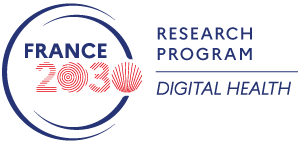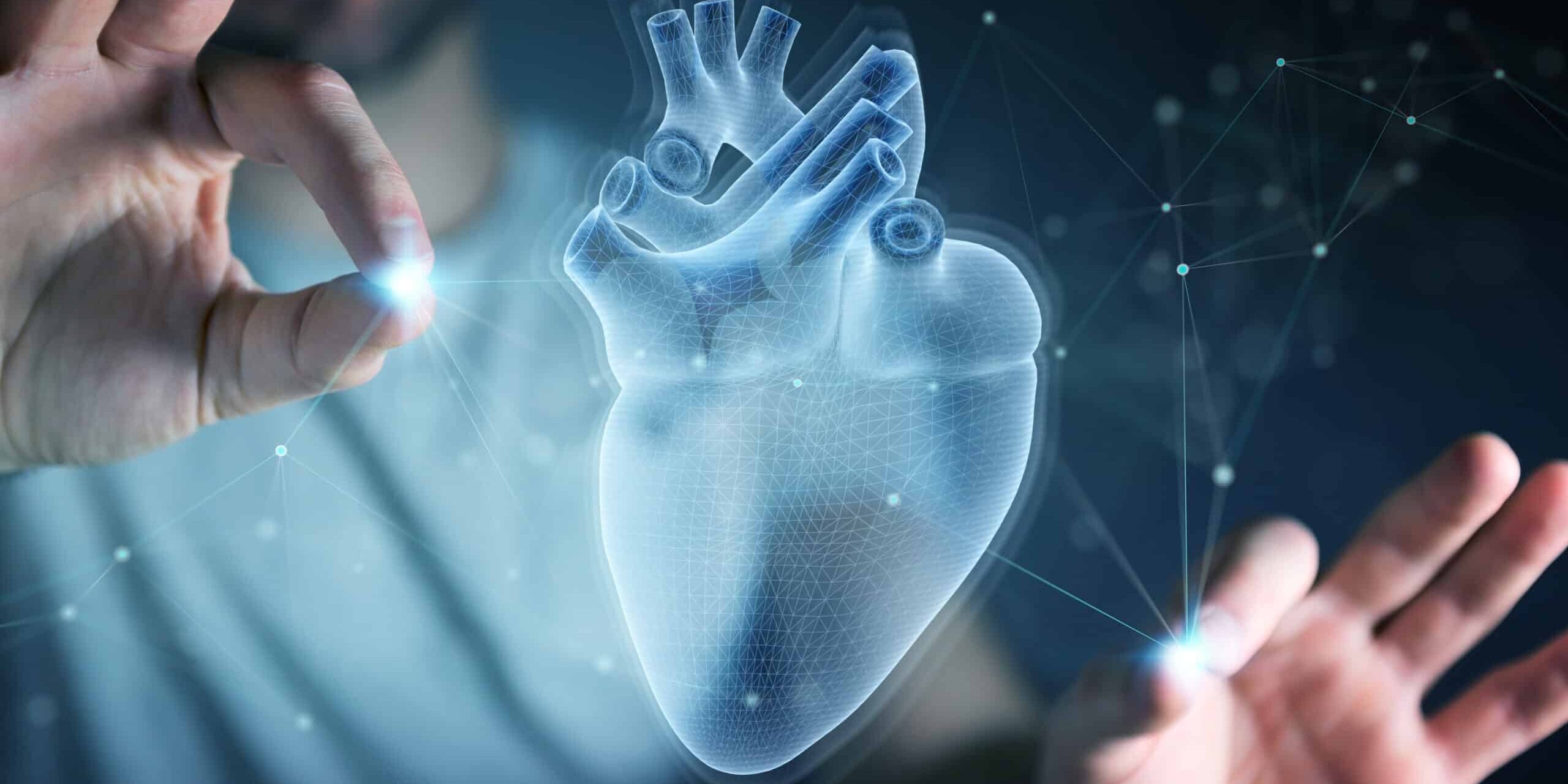Digital integration of Perioperative signals in patients with failing heart & vessels
Coordinating Partner : Alexandre Mebazaa
Coordinating institution : Inserm – Regional Delegation Paris Île-de-France Centre Nord
Biological and digital cardiovascular markers, sensors, cardiorespiratory signal processing, ultrasound imaging, elastography, clinical research, rhythmology, sudden cardiac death, modelling, data science, machine learning
Cardiovascular complications are frequent during and after surgery. However, today, there is no recommendation from international societies to effectively prevent these complications. They may appear in the operating room, in the wards where patients are hospitalized and/or after their return home. We know that the parameters measured today in the perioperative period (before, during and after surgery) do not allow to anticipate the occurrence of complications or to fully explain them.
Moreover, the almost total absence of follow-up of cardiovascular parameters in the days following surgery, both during the hospital stay and on return home, even in patients known for their cardiovascular fragility, does not allow any detection or anticipation of complications.
Diip-Heart aims at setting up elements of “augmented monitoring” in the perioperative period allowing to anticipate all serious cardiovascular events. This consists of a very advanced analysis and continuous integration of the parameters collected today in the operating room in a digital twin to identify new digital markers that can indicate, at any time, the precise state of cardiac, systemic vascular and cerebral vascular functions and their interactions. In addition to this extremely advanced analysis of cardiovascular parameters, some patients will use, several days before, during and several months after surgery, a wearable comprising multiple cardiovascular sensors and an accelerometer to allow the new markers of augmented monitoring to be linked to those of the wearable, and to analyze the predictive properties of the complications of the changes observed on the surgical floors and on return home. The network that carries out the “Diip-Heart” project includes 5 of the most recognized teams in France in cardiovascular research, having all 5 succeeded in setting up a research combining cardiovascular physiology and a great expertise of data analysis to allow to improve the management of the patients with failing heart and/or vessels.
A large part of the research will benefit from the database collected by the Lariboisière anesthesia team, which has data from more than 40,000 patients collected at high frequency. Advanced analyses will allow the generation of a digital hemodynamic cardiac and vascular twin on which will be tested modifications of drugs and vascular filling conditions, all used in the operating room. This twin will be enriched by the parameters generated by the continuous recording of cerebral parameters in the operating room.
Complications are present in the operating room, but even more so when the patient returns home at a time when there is no monitoring. Diip-Heart will record all data during the hospital stay and at home thanks to a smart wearable. In patients with a cardiac implant, the parameters generated continuously will also be recorded. All these recordings and their comparison with the patient’s condition will allow to define digital markers of high risk of complication which, if they are early, can alert the anesthesiologist and prevent the complication. The results of this work may influence European surgical and anesthesia recommendations on the benefit of using “continuous augmented monitoring” systems in all frail patients, particularly those with cardiac and/or vascular failures.
| Laboratory or department, team | Supervisors |
| MASCOT – U 942 | Inserm, Paris Cité University, AP-HP
Paris 13 University partner |
| Centre Inria Saclay, Eq M3DISIM, UMR 7649 | Inria, Ecole Polytechnique, CNRS |
| PhysMed – U1273 – UMR 8063 | ESPCI, Inserm, CNRS, Université Paris Sciences & Lettres (PSL) |
| LTSI – U 1099 | Inserm, Rennes University
CHRU et CNRS partners |
| PARCC – U 970 | Inserm, Paris Cité University
AP-HP-HEGP et CNRS partners |
| CEA – LETI | CEA Grenoble
Grenoble Alpes University partner |


